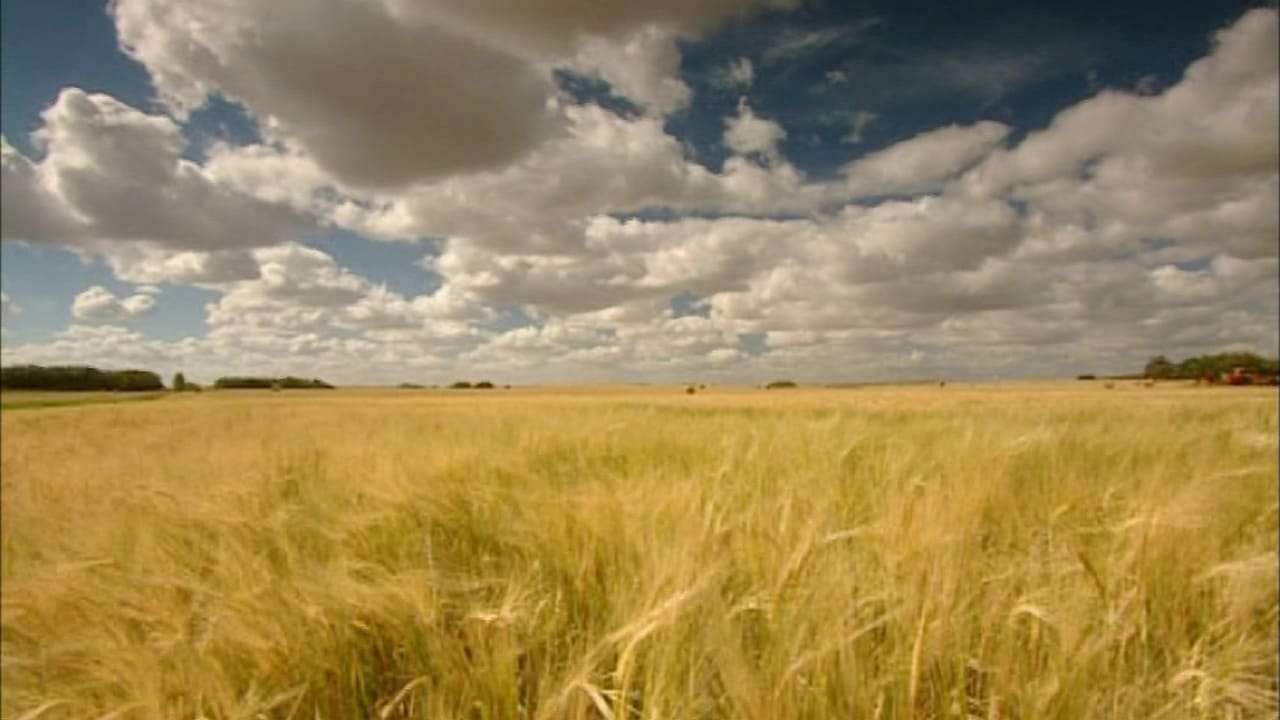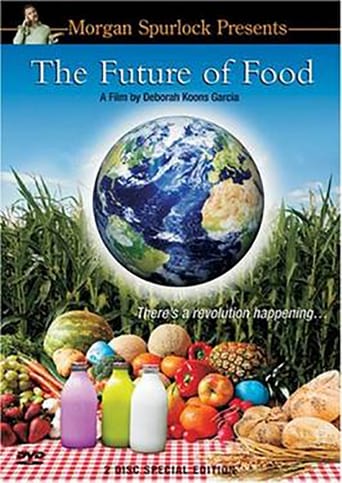Kailansorac
Clever, believable, and super fun to watch. It totally has replay value.
Yash Wade
Close shines in drama with strong language, adult themes.
Sarita Rafferty
There are moments that feel comical, some horrific, and some downright inspiring but the tonal shifts hardly matter as the end results come to a film that's perfect for this time.
Skyler
Great movie. Not sure what people expected but I found it highly entertaining.
stenlis
I really wanted to like this film. It deals with a topic of great importance and generally propagates ideas that I agree with - like the dangers of corporate behavior, the threat to biodiversity that GM products pose and the absurdity of patenting life.So what's the problem? Let me sum it up:most of the movie is comprised from old footage cuts accompanied by a rather dull commentary. Not very captivating.the commentary is badly written. It's repetitive and often fails to make a point. For instance, it cites three methods for genetic modification of a cell. Dramatic music, the 'expert' says that the procedure is very invasive to the cell and that it mimics the behavior of a virus and... nothing more. I wanted to know what problems can arise from the treatment but there was no explanation. Is it really surprising that overwriting the DNA is 'invasive' to a cell? Yet, this treacherous 'invasivness' is mentioned several times through the film (with no additional information).important information is left out. For example, the movie mentions the Supreme Court's decision on the Monsanto vs. Schmeisser trial but fails to mention the Court's reasoning that sheds a different light on the severity of the ruling. On top of it the court denied any compensation to Monsanto. This clearly didn't fit the film's agenda.the choice of the talking heads is poor. When compared to the respectable lineup that producers of other documentaries were able to accumulate (e.g. The Corporation, The Power of Nightmares) I can only assume the creators of The Future of Food just didn't make their homework. Where are (ex)employees of the bioengineering companies, politicians that took part in creating the regulations for GM and where are the representatives of the regulatory government bodies?
ClayDeaver
Every American needs to see this movie, I have purchased copies and given them away, I feel it's that important. Here on Oahu Monsanto has purchased an additional 2500 acres for genetic experiments on the food we eat. The information in this movie is suppressed in our country to say the least. If you say anything bad about genetically modified food in the press you are generally sued by Monsanto, and like some fox reporters fired for your story.The plight of those reporters is told in the movie as one of many events studied to give the viewer a picture of the conspiracy at hand. Although this film is becoming a bit outdated it is still a great foundation everyone should see about the corporate plot aimed at dominating and owning the world food supply at the cost of corrupting and polluting it forever.
hanginonthetele
Like a couple of other reviewers here, I am not a full-on GM supporter. Hell, I've got no love for Monsanto. But I must agree that while raising a few absolutely crucial points, this documentary comes across as deliberately manipulative and one-sided - as much so as the Penn & Teller special presenting the other side of straw-man land. Anyone who knows anything about propaganda ought to be insulted by the dramatic music, dramatic images, and far-reaching inferences presented here. While perhaps it's a good introduction to the problems we're facing with agribusiness, particularly for indigenous people, I hope that people go out and read a few books and reach their own conclusions.
scg-3
A very watchable documentary suitable for all ages. We took our 3 kids (as young as 6) and they all got something out of it, even tho the content was serious.Shows effectively how we are losing diversity in the seed / gene pool; that agricultural ownership is being concentrated in fewer hands; and that large conglomerates (such as Monsanto) are aggressively pushing genetically modified seed and chemical herbicide, as well as driving the family farmer out of business.Like you'd expect in something like this there's a sort of relentless one-sidedness, and some of the scientific explanations seem a bit superficial. But well worth the time & price of admission.

